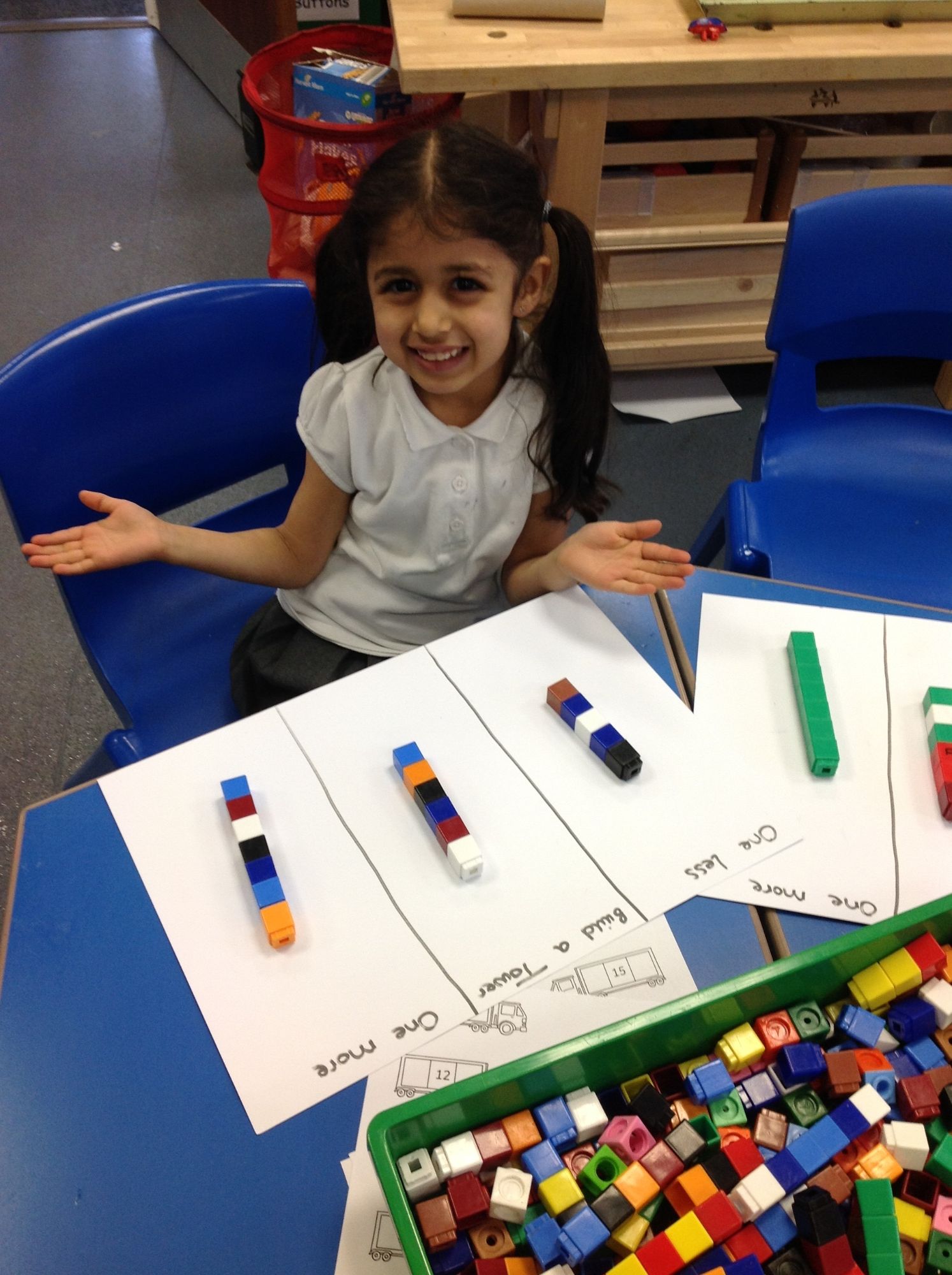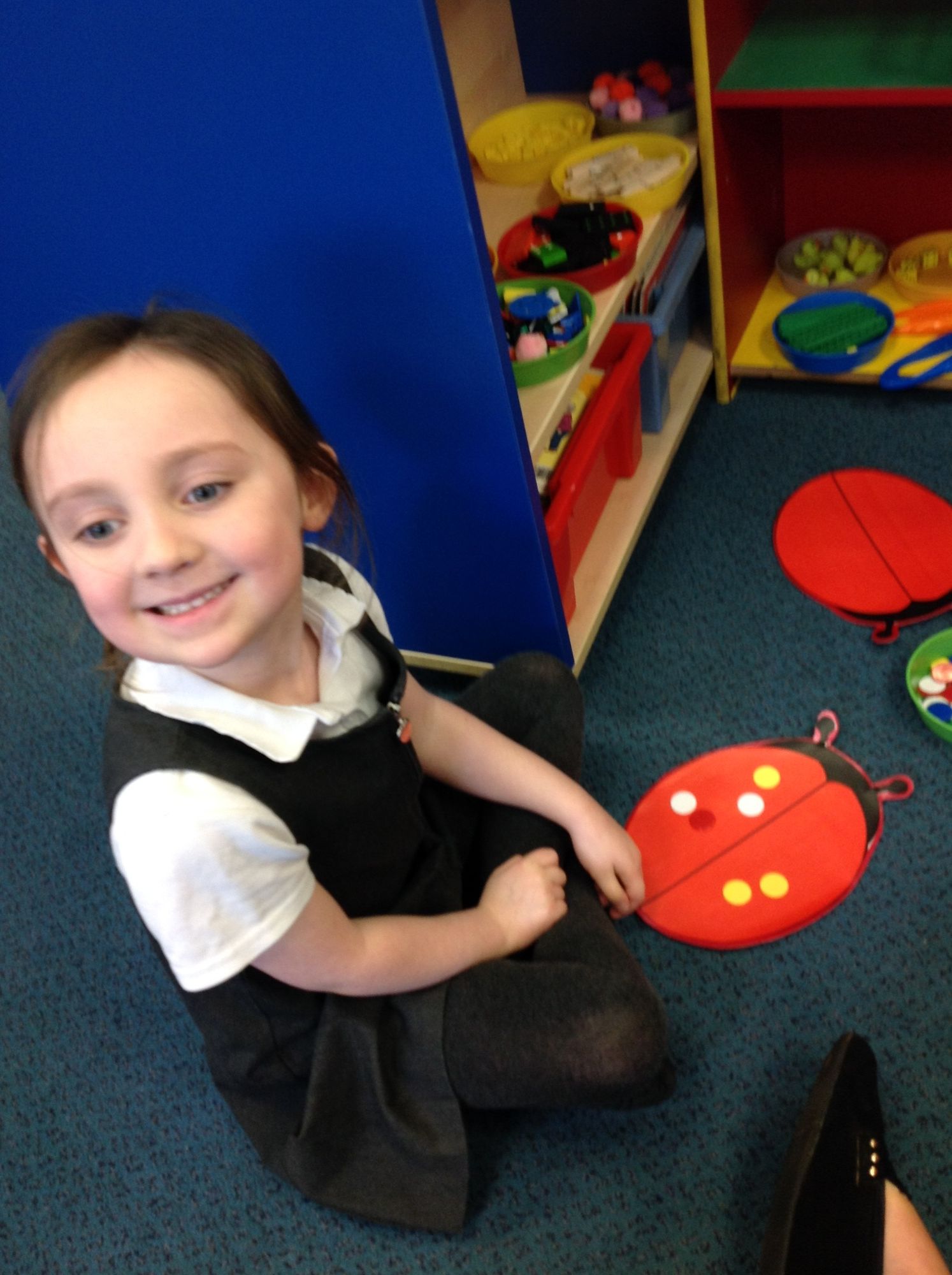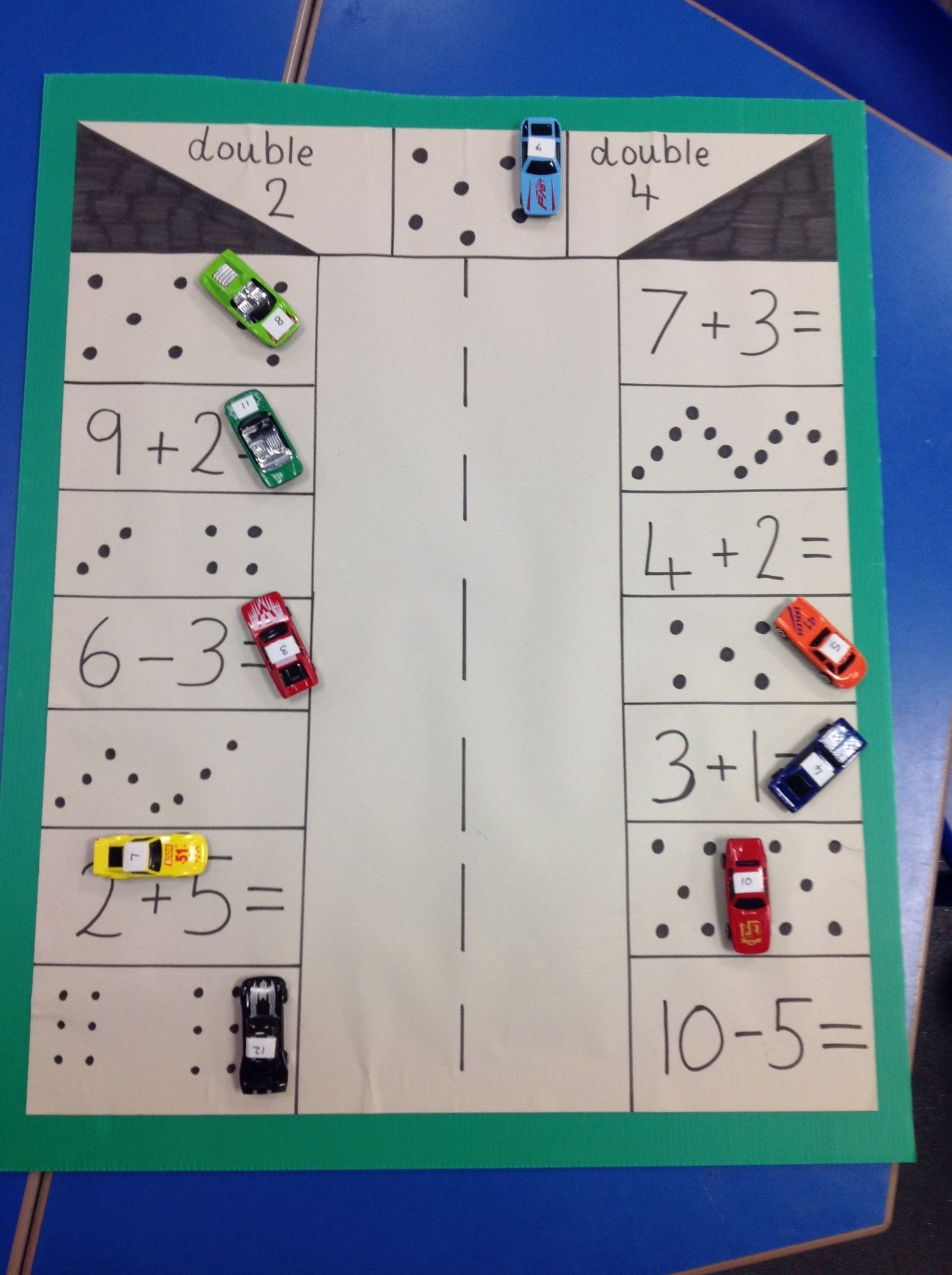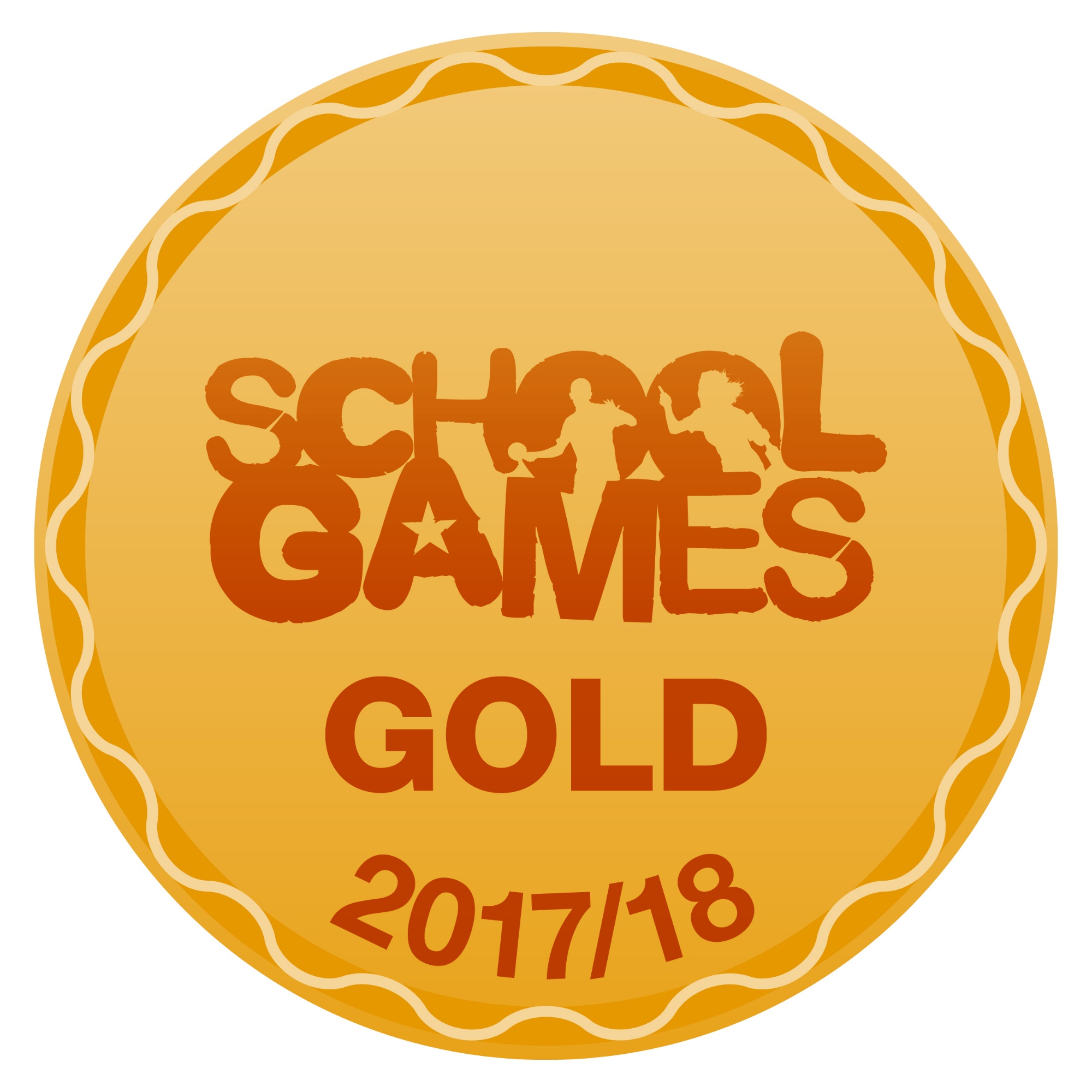Mathematics
Together We Make Learning A Memorable, Unmissable Adventure
Staff at Newton Burgoland Primary School recognise that mathematics is a creative and highly inter-connected discipline that has been developed over centuries, providing the solution to some of history’s most intriguing problems. It is essential to everyday life; critical to science, technology and engineering; necessary for financial literacy and most forms of employment; and will be the key to securing the future of our planet.
Therefore, we strive to deliver a high-quality mathematics education which provides a foundation for understanding the world; the ability to reason mathematically; an appreciation of the beauty and power of mathematics; and a sense of enjoyment and curiosity about the subject.
Aims
At Newton Burgoland Primary School we aim to ensure that all pupils:
- become fluent in the fundamentals of mathematics, including through varied and frequent practice with increasingly complex problems over time, so that pupils develop conceptual understanding and the ability to recall and apply knowledge rapidly and accurately
- reason mathematically by following a line of enquiry, conjecturing relationships and generalisations, and developing an argument, justification or proof using mathematical language
- can solve problems by applying their mathematics to a variety of routine and non-routine problems with increasing sophistication, including breaking down problems into a series of simpler steps and persevering in seeking solutions
Mathematics is an interconnected subject in which pupils need to be able to move fluently between representations of mathematical ideas. Pupils should make rich connections across mathematical ideas to develop fluency, mathematical reasoning and competence in solving increasingly sophisticated problems. They should also apply their mathematical knowledge to science and other subjects.
We expect that the majority of our pupils will move through the programmes of study at broadly the same pace. However, decisions about when to progress should always be based on the security of pupils’ understanding and their readiness to progress to the next stage. Pupils who grasp concepts rapidly are challenged through being offered rich and sophisticated problems before any acceleration through new content. Those who are not sufficiently fluent with earlier material should consolidate their understanding, including through additional practice and support, before moving on.
In these post-pandemic times, we recognise that some children are not where we would have hoped them to be in terms of coverage, knowledge and skills. Therefore, at the present time, teachers use summative assessments, formative assessments and their day-to-day knowledge of the children (AfL) to ensure that previous years' content is covered and those ‘gaps’ are filled before moving on at an appropriate pace.
Class one learning maths through play using a range of equipment in their maths area.
Eyfs Maths plan and progression
Accordion con
year 1 maths plan and progression
year 2 maths plan and progression
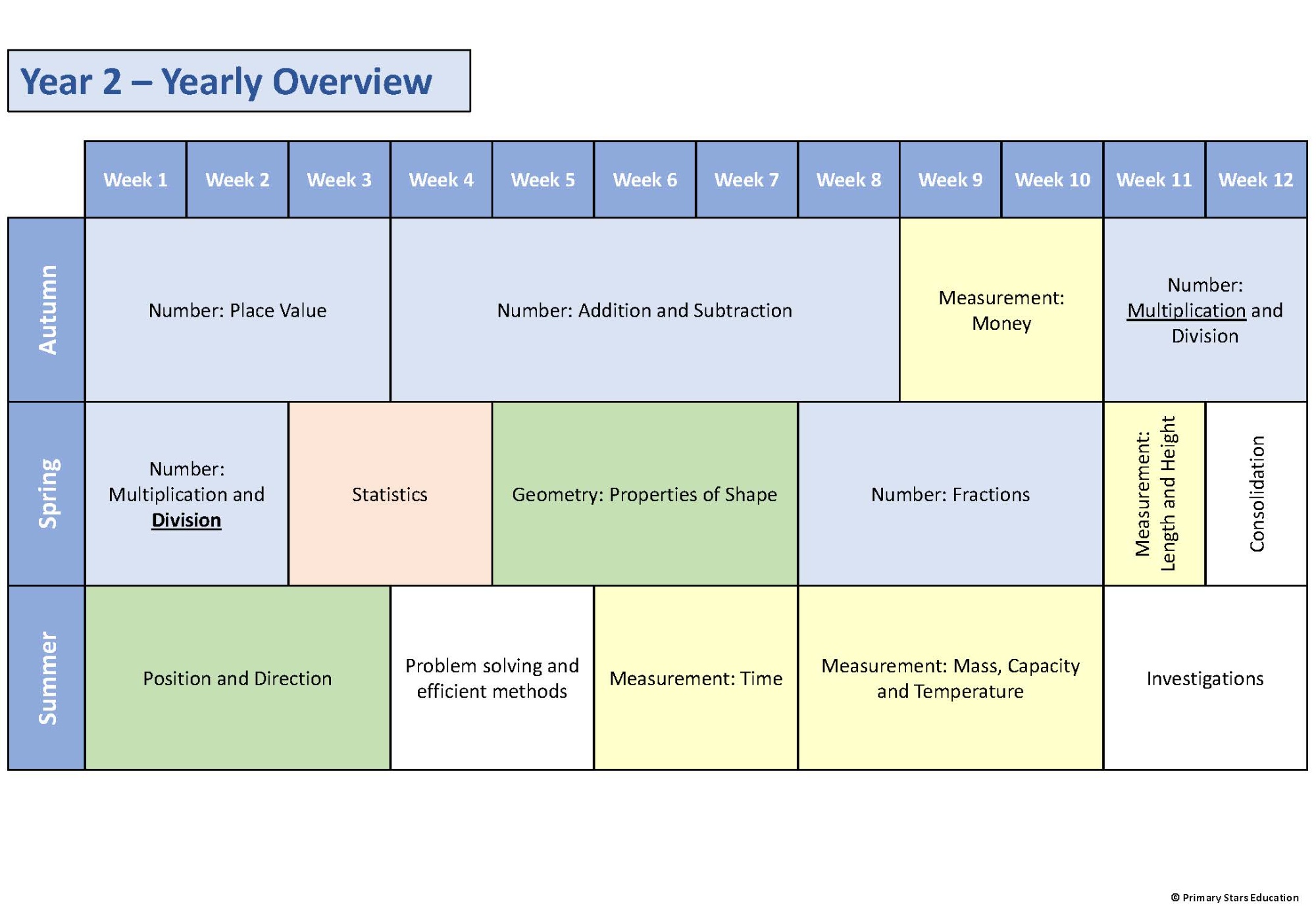
This plan will be adjusted in response to formative and summative assessments.
Key stage 2 maths plan and progression Y3 - 6
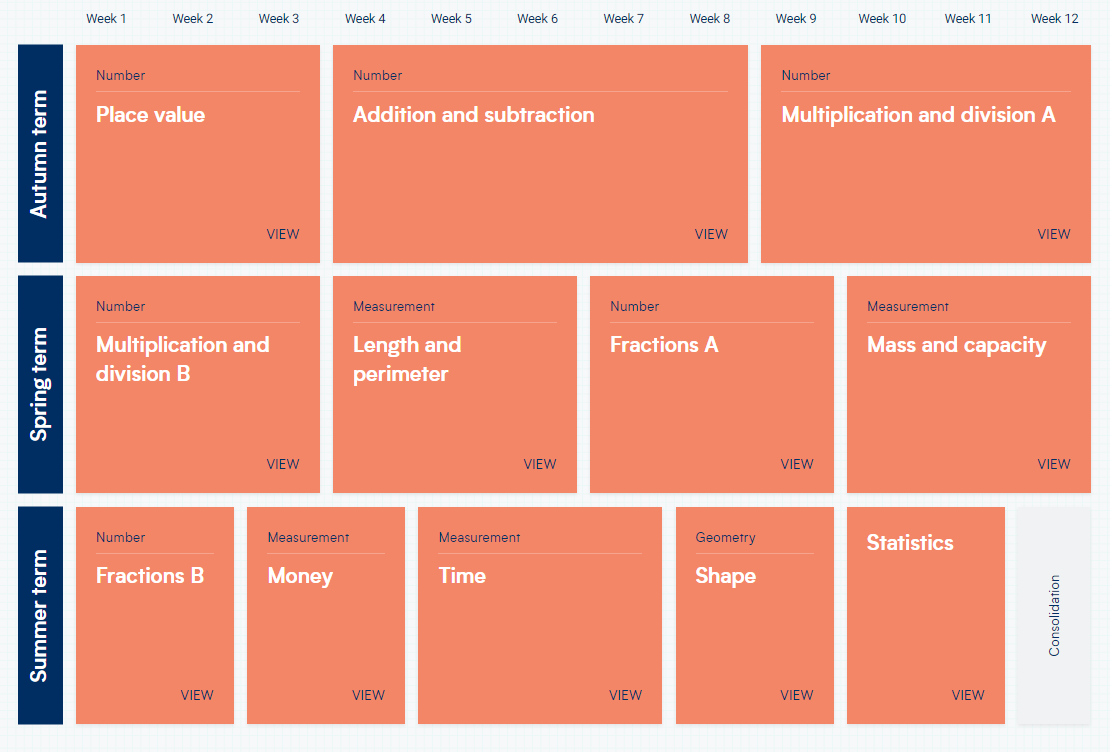
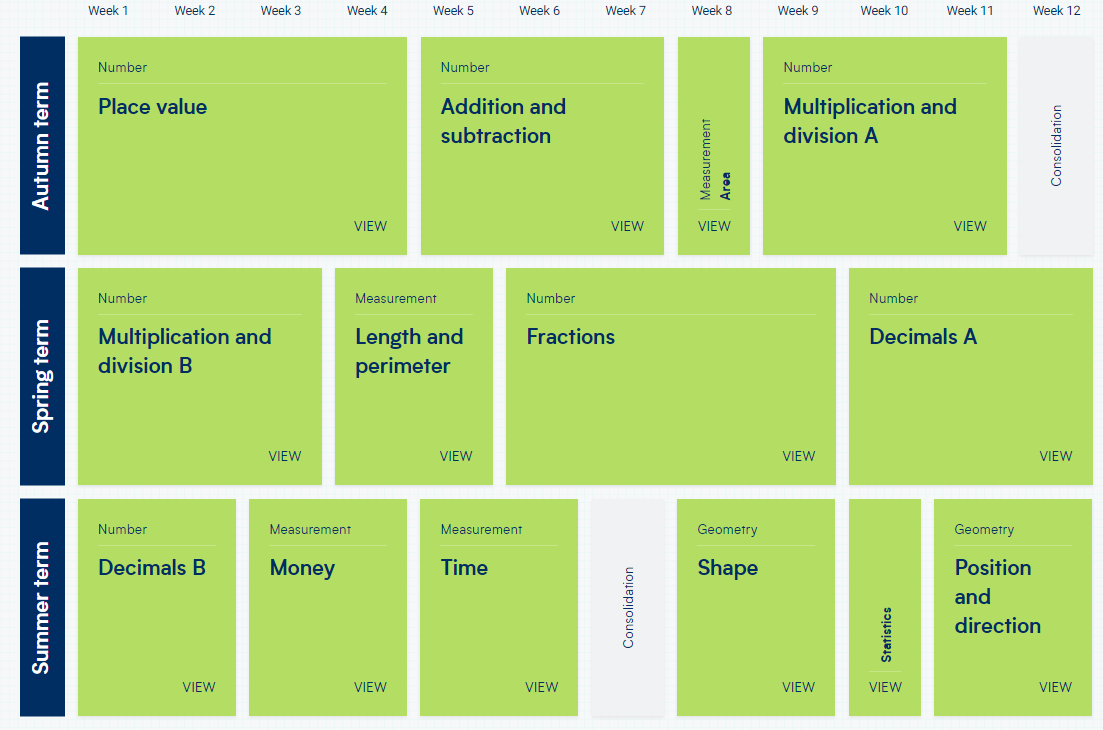
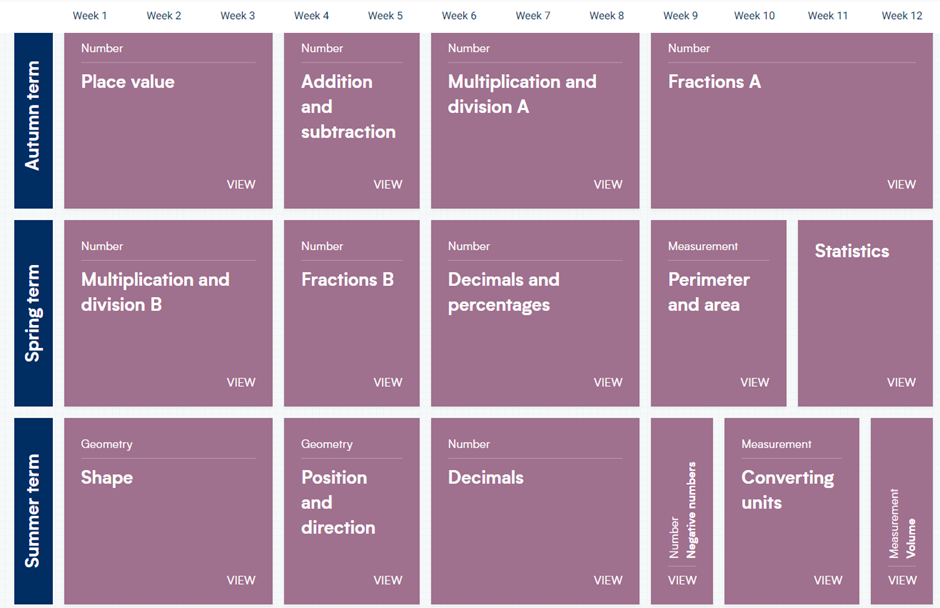
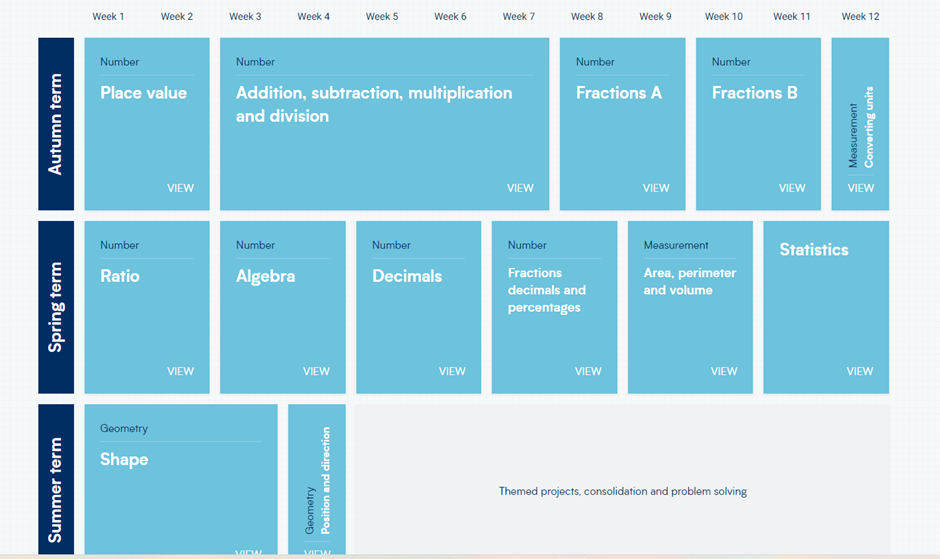
Maths planning at newton burgoland primary school
Our planning reflects the principles outlined above:
KS1 Maths Planning
When planning, teachers follow the Primary Stars planning progression which is based on White Rose. This ensures that the children become fluent before moving on the reasoning and problem solving. (This year, teachers will consider covering the previous year’s small steps if necessary to ensure gaps due to the pandemic are filled before moving on.)
Slides and worksheets are provided for all elements of the lesson. Additional resources are used from NCETM Ready to Progress, NRich, Twinkl, I See Reasoning and the teachers’ own resources as appropriate.
KS2 Maths Planning
When planning, teachers follow the planning guidance and small steps from the White Rose Mixed Year Group Planning. However, resources from other sources is also used so that the children see a range of representations. This, and the teacher’s knowledge of the children, will ensure the children become fluent before moving on the reasoning and problem-solving. As classes are mixed-year, teachers sometimes adjust when units are taught to allow similar learning for both year groups in lessons. (In previous years, teachers considered covering the previous year’s small steps if necessary to ensure gaps due to the pandemic were filled before moving on.)
White Rose is used to ensure fluency with slides* for whole class teaching.
This can be supplemented by resources such as Classroom Secrets and the White Rose linked materials in Twinkl. Both include PowerPoint presentations and linked, differentiated activities.
White Rose and Classroom Secrets materials are also used for Reasoning and Problem Solving once the children are assessed as fluent. All children have opportunity to reason and problem-solve.
Additional resources are used as appropriate.
The school has recently purchased 'Number Sense' to address number misconceptions across the school. Teachers will begin to use this daily in January following CPD.
maths lessons at newton burgoland primary school
Lesson Planning Format in KS1:
- Review.
- Lesson objectives are shared daily.
- Main teaching including the I do, We do, You do approach.
- Reflection/plenary session.
Lesson Planning Format in KS2:
- A Review related to previous/tricky learning to make sure it stays 'sticky'.
- Today’s learning objective (I can).
- What we already know/reason for learning it and vocabulary.
- I do section - teacher modelling.
- We do section - working together to become fluent.
- You do section - independent fluency and reasoning/problem solving activities when children are ready.
- Extension activities.
- Reflection (plenary) which may include exit tickets or similar.
- Live marking wherever possible during the lesson.
Times Tables Rock Stars
In addition to the daily maths lesson, children have personal logins for ‘Times Tables Rock Stars' and are given opportunities during the week to practice skills at a level appropriate to their current levels of attainment. Class teachers can check progress and achievement. Children are also required to complete sessions at home as part of the school’s homework expectations. Certificates are awarded to children who visit the app regularly and/or make good progress.
Assessment
At the start of the academic year, children complete baseline tests. Teachers use these to ascertain where there are gaps in a particular child’s knowledge and/or where particular concepts are areas of weakness.
Termly formative assessments are undertaken to identify strengths and weaknesses and to assess how close the children are to ARE.
Daily AfL during the lesson and from looking at books provides teachers with the knowledge they need to address gaps on a daily basis. Children are offered support if they fall behind in a lesson or a particular area of maths. Feedback is prompt, developmental and live where possible. Through the use of self-marking and effective plenary sessions, Key Stage 2 children are also encouraged to provide the teacher with feedback on how well they feel they are achieving through self-assessment. On occasion, peer-assessment is appropriate.
Progression in Mathematics
Progression Maps and Calculation Policies
We are working with another primary school in our '360 Collaboration' group to develop calculation policies. Below you will find the documents for addition, subtraction and multiplication. The division document will be added very soon. We hope you find these useful when helping your children with their homework!
Below are the NCETM progression documents for all areas of mathematics. These give the reader an idea of what standard of mathematics they should expect to see being taught at each phase.
The NCETM progression maps are structured using the topic headings as they appear in the National Curriculum:
Number – Number and Place Value
Number - Fractions (including decimals and percentages)
Ratio and Proportion
Measurement
Geometry – properties of shapes
Geometry – position and direction
Statistics
Each of the above categories has been divided into sub categories to illustrate progression in key areas.
It should be remembered however, that teachers still need to be mindful of children having missed learning during Covid lockdowns. Therefore, it may still be necessary to cover some areas of maths from the previous years. For example, some Year 5 objectives may need to be covered with Year 6 children before moving on to age-appropriate objectives.

